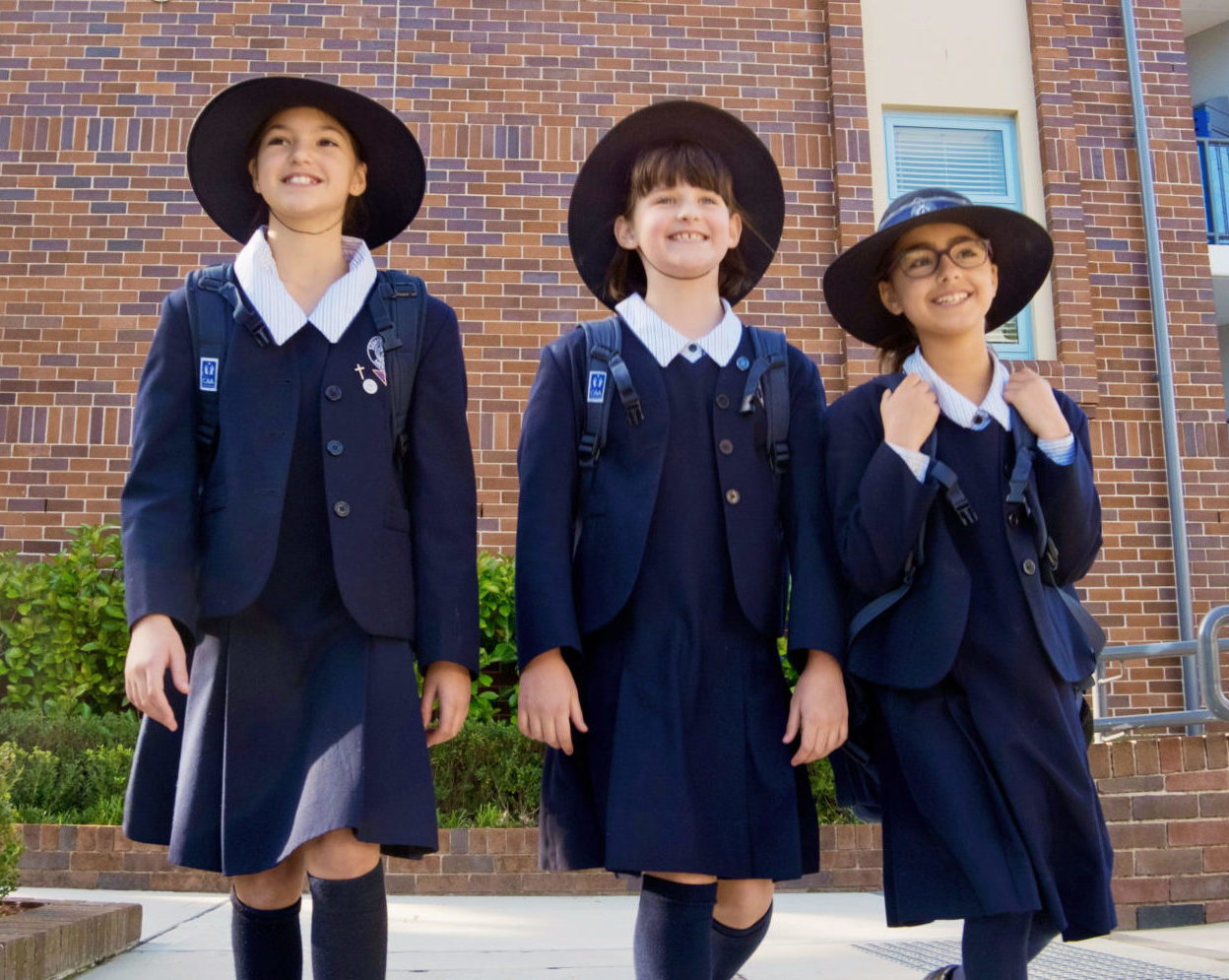The advice from the Sleep Foundation is that teenagers should be getting at least eight hours of sleep on a school night. There is also strong advice about limiting technology use before bedtime. At Meriden, we encourage the students to make sure they are reading or listening to music before bed and not spending time on devices until late into the evening.
At the Association of Independent Schools Wellbeing Conference, a number of sessions highlighted the significant impact of poor sleep on student mental health. Emerging longitudinal research suggests that adolescents are getting significantly less sleep than they need.
In our Year 11 Pastoral Program, students have had conversations about the importance of sleep and tutors have encouraged the girls to think about sleep as the most effective tool they have in their arsenal to support personal achievement. Students had the opportunity to watch and discuss the TED talk “Sleep is Your Superpower” from sleep expert, Professor Matthew Walker, on how sleep affects cognitive and physical performance in the short and long term.
A few of Professor Walker’s key recommendations for students are summarised below:
- Maintain a healthy sleep schedule, eight hours being the recommended time for high school-aged students.
- Avoid large meals and beverages late at night.
- If possible, avoid medications that delay or disrupt sleep.
- Don’t take naps after 3:00pm.
- Relax before bed. Don’t overschedule your day, leave time to unwind. A relaxing activity, such as reading or listening to music, should be part of your bedtime ritual.
- Maintain a dark, cool, gadget-free bedroom.
- Daylight is key to regulating daily sleep patterns. Try to move outside into natural sunlight for at least thirty minutes each day. If possible, wake up with the sun or use very bright lights in the morning.
School holiday breaks provide an opportunity for the girls to recalibrate their sleep routines after a busy term and establish healthy sleep patterns to sustain them through the rest of the year.

